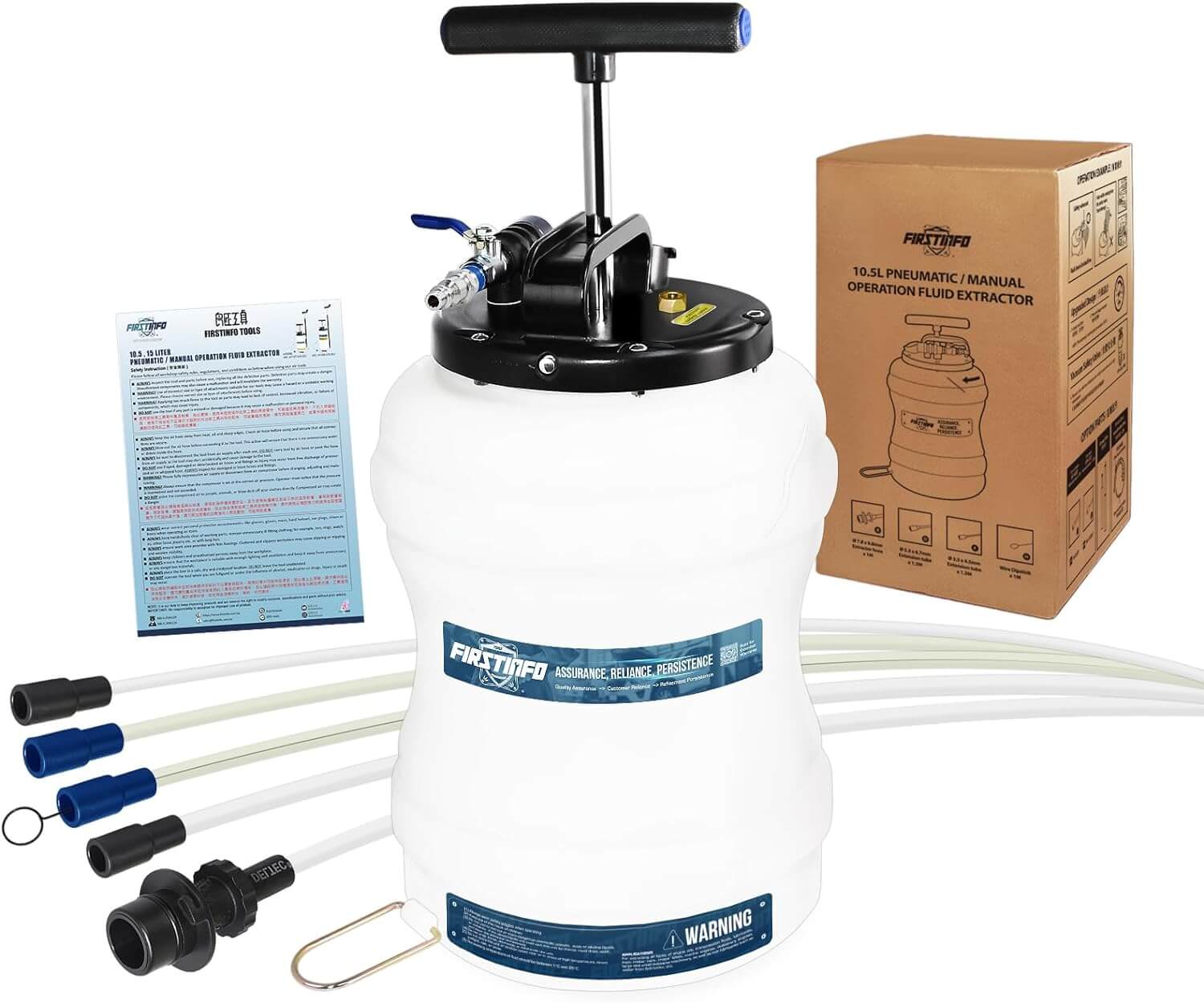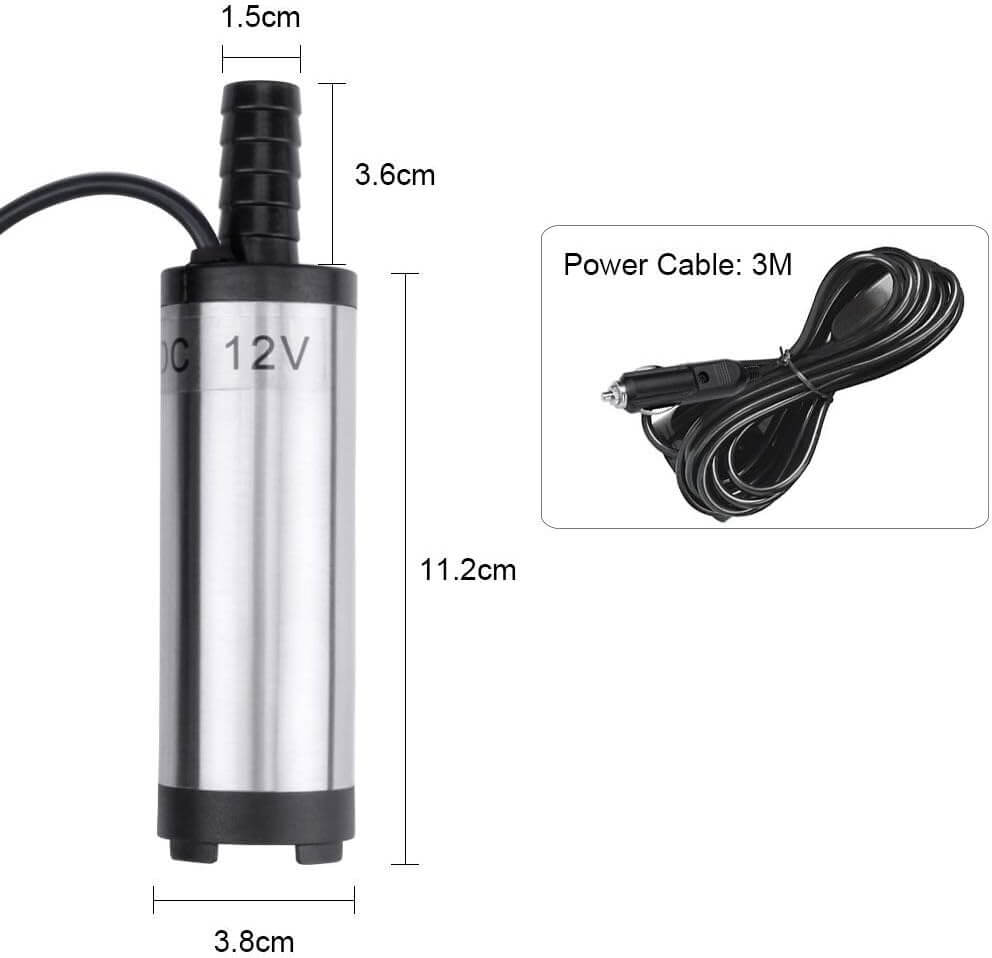The Importance Of Regularly Changing Automotive Oil.
Maintaining a healthy engine is crucial for the longevity and performance of your vehicle. In order to ensure its smooth operation, regularly changing automotive oil plays a vital role. By regularly replacing your car’s oil, you not only protect the engine from unnecessary wear and tear but also improve fuel efficiency.
This article will explore the significance of this simple yet essential maintenance task, providing you with valuable insights into why it should never be overlooked.
The Basics of Automotive Oil
What is automotive oil?
Automotive oil, also known as engine oil or motor oil, is a lubricant that is specifically designed to protect and maintain the performance of your vehicle’s engine. It is typically a mixture of base oils and additives that work together to reduce friction, cool the engine, and clean away impurities.
What does automotive oil do?
Automotive oil plays a vital role in the overall health and performance of your vehicle’s engine. It lubricates the moving parts of the engine, reducing friction and wear and tear. It also helps to cool the engine by dissipating heat generated during combustion. Additionally, automotive oil helps to keep the engine clean by removing harmful deposits and contaminants.
Why does automotive oil need to be changed regularly?
Automotive oil, like any other fluid in your vehicle, will degrade over time. As it circulates through the engine, it collects contaminants such as dirt, metal particles, and sludge. These contaminants can eventually cause the oil to become less effective in lubricating and protecting the engine. Regular oil changes are necessary to remove the old, dirty oil and replace it with fresh oil, ensuring that the engine continues to operate at its best.
Benefits of Regularly Changing Automotive Oil
Improves engine performance
Regularly changing your automotive oil can significantly improve the performance of your engine. Fresh oil provides better lubrication, allowing the engine’s components to move smoothly. This reduces friction and heat, which in turn promotes better overall performance.
Increases fuel efficiency
By regularly changing your automotive oil, you can increase fuel efficiency. When the engine is properly lubricated with clean oil, it operates more efficiently, reducing friction and allowing for smoother operation. This, in turn, can lead to better fuel economy, saving you money at the pump.
Reduces engine wear and tear
Proper lubrication is essential to minimize engine wear and tear. By regularly changing your automotive oil, you ensure that the engine’s components are well-lubricated, reducing the risk of excessive friction, heat, and damage. This can help extend the lifespan of your engine and reduce the likelihood of costly repairs.
Enhances engine longevity
Regular oil changes can contribute to the longevity of your engine. High-quality, clean oil helps to protect the engine from harmful contaminants and deposits that can cause premature wear and damage. By keeping the engine properly lubricated and clean, you can help ensure that it lasts for many years to come.
Effects of Neglecting Oil Changes
Decreased engine performance
Neglecting oil changes can lead to decreased engine performance. As the oil becomes dirty and degraded, it loses its ability to effectively lubricate the engine’s components. This can result in increased friction, heat, and overall engine inefficiency.
Reduced fuel efficiency
Dirty oil can also lead to reduced fuel efficiency. When the engine is not properly lubricated, it has to work harder to overcome the increased friction, causing it to consume more fuel. This can result in decreased miles per gallon and increased fuel costs.
Increased risk of engine damage
Neglecting oil changes significantly increases the risk of engine damage. As contaminants accumulate in the oil, they can form sludge, which can clog vital engine components and restrict proper oil flow. This can lead to increased wear and tear, overheating, and potentially catastrophic engine failure.
Shortened engine lifespan
Without regular oil changes, the lifespan of your engine can be significantly shortened. The lack of proper lubrication and the increased risk of damage can cause excessive wear on the engine’s components, leading to premature failure. Replacing an engine is a costly endeavor, making regular oil changes a small and essential investment in maintaining the longevity of your vehicle.
Recommended Oil Change Intervals
Manufacturer recommendations
Most vehicle manufacturers recommend changing the oil every 3,000 to 5,000 miles or every three to six months, whichever comes first. However, it’s important to consult your owner’s manual for the specific recommendations for your vehicle, as manufacturers may have different guidelines.
Frequency for different driving conditions
Certain driving conditions may require more frequent oil changes. For example, if you frequently drive in extreme temperatures, engage in stop-and-go city driving, or tow heavy loads, it may be necessary to change the oil more frequently. These driving conditions can put additional stress on the engine, leading to faster oil degradation.
Signs That Oil Change is Needed
Dashboard warning lights
Many modern vehicles are equipped with sensors that monitor various aspects of the engine, including oil levels and quality. If your dashboard warning light illuminates, indicating low oil pressure or the need for an oil change, it’s essential to address it promptly to avoid potential engine damage.
Unusual engine noise
If you notice any unusual engine noises, such as knocking, ticking, or grinding sounds, it may be a sign that your oil needs to be changed. Insufficient lubrication can cause increased friction between the engine’s components, leading to these abnormal sounds.
Dirty or dark-colored oil
Checking the color and consistency of your oil is a good way to gauge its condition. Fresh oil is typically a clear or amber color. If the oil appears dark and dirty, it’s an indication that it needs to be changed. Additionally, if you notice any metal particles or debris in the oil, it’s imperative to have it changed immediately.
Burning smell
If you detect a strong, burnt odor coming from your engine, it may indicate that the oil has deteriorated and is no longer providing adequate lubrication. This can cause increased friction and heat, potentially leading to engine damage if not addressed promptly.
DIY Oil Change vs. Professional Service
Factors to consider
When deciding between a DIY oil change and a professional service, several factors should be considered. These include your level of automotive knowledge and experience, access to the necessary tools and equipment, time constraints, and personal preference.
Steps for a DIY oil change
If you decide to do an oil change yourself, here are the basic steps involved:
- Gather the necessary tools and equipment, including the correct type and quantity of oil, a new oil filter, a wrench or socket for removing the drain plug, and a drain pan.
- Locate the oil drain plug underneath your vehicle and place the drain pan beneath it.
- Unscrew the drain plug and allow the old oil to drain completely.
- Remove the old oil filter using an oil filter wrench or your hands, being careful not to spill oil.
- Install the new oil filter, making sure it is tightened securely but not overly tight.
- Replace the drain plug and tighten it to the manufacturer’s specifications.
- Pour the appropriate amount of fresh oil into the engine using a funnel.
- Start the engine and let it run for a few minutes to circulate the new oil.
- Check the oil level using the dipstick and adjust if necessary.
Advantages of professional service
While a DIY oil change can be cost-effective and give you a sense of accomplishment, there are several advantages to opting for professional service. Professional technicians have the expertise to perform the oil change quickly and accurately. They can also identify any potential issues or recommend additional maintenance tasks that may be needed. Additionally, professional service often includes a thorough inspection of the vehicle, ensuring that all aspects are in good working order.
Choosing the Right Oil
Understanding viscosity
Viscosity refers to the thickness and flow rate of the oil. It is denoted by a numerical value, such as 5W-30 or 10W-40. The first number indicates the oil’s viscosity at low temperatures, while the second number represents its viscosity at high temperatures. It is crucial to choose the oil viscosity recommended by your vehicle’s manufacturer for optimal engine performance.
Types of motor oil
There are several types of motor oil available, including conventional, synthetic blend, and full synthetic. Conventional oil is made from refined crude oil and is the most common type. Synthetic blend oil contains a mixture of conventional and synthetic oil, providing some of the benefits of both. Full synthetic oil is entirely man-made and offers superior performance and protection.
Synthetic vs. conventional oil
The choice between synthetic and conventional oil depends on several factors, including your vehicle’s age, driving habits, and the manufacturer’s recommendations. Synthetic oil offers better resistance to heat, improved lubrication, and fewer impurities, making it ideal for newer vehicles and high-performance engines. Conventional oil, on the other hand, may be more suitable for older vehicles and regular driving conditions.
Environmental Impact of Proper Oil Disposal
The importance of proper disposal
Proper oil disposal is essential to protect the environment. Used engine oil contains contaminants and pollutants that can harm ecosystems if not disposed of correctly. When oil is disposed of improperly, it can seep into the ground, contaminate water sources, and harm plants, wildlife, and aquatic life.
Recycling options
Fortunately, there are various recycling options available for used engine oil. Many automotive service facilities and recycling centers accept used oil for recycling. Some cities also have designated oil collection sites where you can drop off your used oil. Recycling used oil not only helps to protect the environment but also ensures that it can be reprocessed and reused in a sustainable manner.
Conclusion
Regularly changing your automotive oil is not just an inconvenience or an optional maintenance task – it is a crucial step in maintaining the health and longevity of your vehicle’s engine. By understanding the basics of automotive oil, the benefits of regular oil changes, and the consequences of neglecting them, you can make informed decisions to keep your engine running smoothly.
Whether you choose to perform a DIY oil change or opt for professional service, ensure that you choose the right oil, follow manufacturer recommendations, and dispose of used oil responsibly. By prioritizing regular oil changes, you can enhance engine performance, increase fuel efficiency, reduce wear and tear, and ultimately prolong the life of your vehicle.


